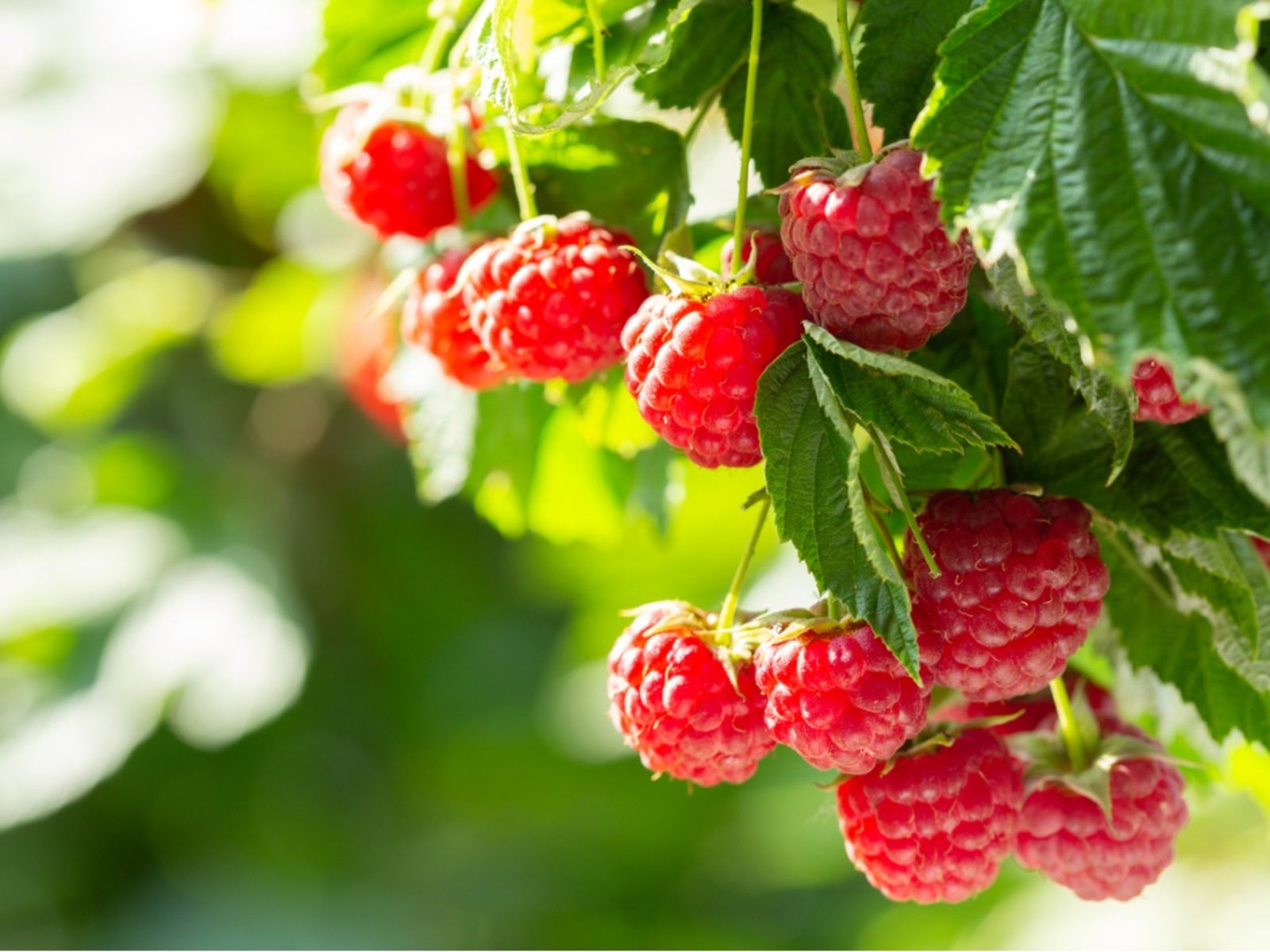Erect Vs Trailing Raspberries - Learn About Erect And Trailing Raspberry Varieties


Sign up for the Gardening Know How newsletter today and receive a free copy of our e-book "How to Grow Delicious Tomatoes".
You are now subscribed
Your newsletter sign-up was successful
Differences in raspberry growth habits and harvest times only serve to complicate the decision of what varieties to choose. One such choice is whether to plant erect vs. trailing raspberries.
Erect vs. Trailing Raspberries
Both trailing and erect raspberry varieties have similar requirements. All raspberries love a sunny location with periodic rain or regular watering. Raspberry plants like well-draining acidic soil, and they don't do well in wet areas. The main difference between trailing and erect raspberry plants is whether or not they require a trellis.
Like the name suggests, erect raspberry varieties have a sturdy stem which supports upright growth. A trellis can be used with erect raspberry plants, but it is not necessary. For gardeners new to raspberry cultivation, erect raspberry varieties are the easier option.
This is because raspberry plants grow differently than other commonly-trellised fruit, like grapes or kiwi. Raspberry plants grow from perennial crowns, but the above-ground canes have a biennial lifespan. After fruiting the second year, the cane dies. Growing raspberries on a trellis requires cutting dead canes off at ground level and training new canes on a yearly basis.
When trailing raspberry varieties send up new canes, these sprawl on the ground. The stems do not support upright growth. It's common practice to let the first-year canes grow along the ground underneath the trellis where they won't be cut when mowing.
After trimming away the spent second-year canes in the fall, the first-year brambles of trailing raspberry varieties can be pruned and wrapped around the wires of the trellis. This pattern continues every year and requires more labor than the cultivation of erect raspberry varieties.
When choosing between erect vs. trailing raspberries, labor is only one consideration. Hardiness, disease resistance and flavor may outweigh the extra work needed to grow trailing raspberries. Here's a collection of readily-available trailing and erect raspberry varieties to help you get started in the selection process:
Sign up for the Gardening Know How newsletter today and receive a free copy of our e-book "How to Grow Delicious Tomatoes".
Erect Raspberry Varieties
- Anne – Everbearing golden raspberry with a tropical flavor
- Autumn Bliss – Large-fruiting red raspberry with excellent flavor
- Bristol – Flavorful black raspberry with large, firm fruit
- Heritage – An everbearing variety producing large, dark red raspberries
- Royalty – Purple raspberry with large, flavorful fruit
Trailing Raspberry Varieties
- Cumberland – This century-old cultivar produces flavorful black raspberries
- Dormanred – A heat-resistant red raspberry variety ideal for southern gardens
- Jewel Black – Produces large black raspberries which are disease-resistant and winter-hardy

Laura Miller has been gardening all her life. Holding a degree in Biology, Nutrition, and Agriculture, Laura's area of expertise is vegetables, herbs, and all things edible. She lives in Ohio.